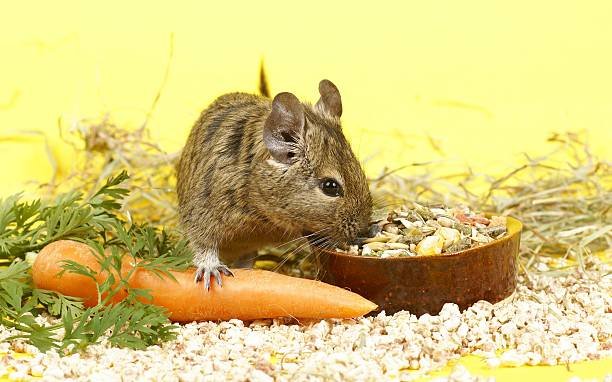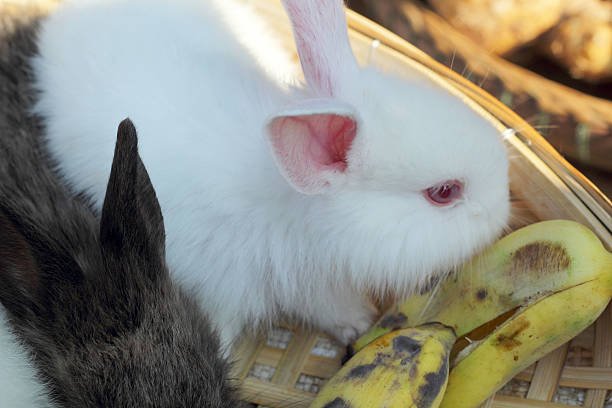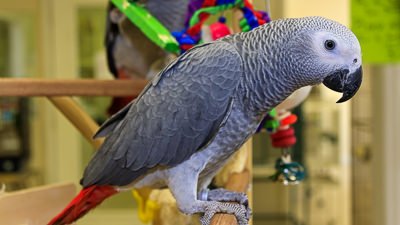Table of Contents
ToggleIntroduction
Rats are intelligent and curious pets that thrive on a balanced and nutritious diet. As a pet owner, you may wonder if celery is a good addition to their meals.
Celery is known for its low calorie and high water content, making it a refreshing and hydrating vegetable. But is it safe for rats? This article explores the nutritional value, benefits, risks, and best feeding practices of celery for rats, ensuring you provide the best care for your furry friend.
Nutritional Value of Celery for Rats
Celery is packed with essential nutrients that can benefit your pet rat. However, understanding its full nutritional profile is crucial to determining its role in a rat’s diet.
Key Vitamins and Minerals in Celery
Celery contains important vitamins and minerals such as Vitamin K, Vitamin C, Vitamin A, folate, and potassium. These nutrients help support bone health, immunity, and overall well-being. The high fiber content aids digestion, while its antioxidants protect against cell damage.
How Celery Benefits a Rat’s Diet
Adding celery to a rat’s diet can improve hydration due to its high water content. It also contributes to a balanced diet by providing fiber, which helps regulate digestion. Moreover, the crunchiness of celery can help maintain dental health by naturally wearing down their teeth.
Is Celery Safe for Rats?
While celery is generally considered safe for rats, it is essential to be aware of both the benefits and risks.
Potential Health Benefits
Celery is low in fat and calories, making it a great addition to prevent obesity in pet rats. Its natural antioxidants help reduce inflammation, while the fiber content supports digestive health. Additionally, celery’s hydrating properties are beneficial, especially in warmer climates.
Risks and Concerns of Feeding Celery to Rats
Despite its benefits, celery has some potential risks. The fibrous texture can be difficult for some rats to chew, and excessive fiber intake may lead to digestive issues such as bloating or diarrhea. Also, celery contains natural pesticides, so thorough washing is necessary before feeding it to your pet.
How to Feed Celery to Your Pet Rat
Introducing celery into your rat’s diet requires proper preparation and serving methods.
Best Ways to Serve Celery
Chop celery into small, bite-sized pieces to make it easier for rats to eat. You can mix it with other vegetables or serve it as a standalone snack. Avoid seasoning or adding any dips, as these can be harmful to rats.
Raw vs. Cooked Celery for Rats
Raw celery retains its nutritional value and crunchy texture, making it ideal for dental health. However, lightly steaming celery can make it softer and easier to digest, which is beneficial for younger or older rats with sensitive teeth.
Recommended Celery Portions for Rats
Moderation is key when feeding celery to rats, as too much can lead to digestive issues.
How Much Celery Can a Rat Eat?
A small piece of celery (about an inch long) is enough per serving. Avoid overfeeding to prevent excessive fiber intake, which could lead to stomach discomfort.
H3: Frequency of Feeding Celery to Rats
Celery should be an occasional treat rather than a daily food. Feeding it 2-3 times per week ensures that your rat gets variety in its diet without overloading on fiber.
Can Baby Rats Eat Celery?
Young rats have more sensitive digestive systems and require extra precautions when introducing new foods.
Precautions for Younger Rats
Baby rats may struggle with the fibrous texture of celery, so it’s best to offer tiny, soft pieces. Ensure they are properly weaned before introducing solid vegetables.
When to Introduce Celery in Their Diet
Celery can be introduced to a young rat’s diet after they reach 6-8 weeks of age. Start with small amounts and observe their reaction before increasing portions.
Alternative Vegetables for Rats
If your rat dislikes celery or if you want to diversify their diet, consider other vegetable options.
Best Veggies for a Balanced Diet
Safe vegetables for rats include carrots, cucumbers, bell peppers, broccoli, and leafy greens like spinach and kale. These provide a variety of nutrients necessary for their health.
Vegetables to Avoid for Rats
Some vegetables can be harmful to rats, including onions, garlic, raw potatoes, and rhubarb. These can cause toxicity or digestive problems, so they should be avoided.
Signs of Allergies or Negative Reactions
Not all rats tolerate celery well, so it’s essential to watch for any signs of adverse reactions.
Symptoms of Digestive Issues
Signs of an upset stomach include bloating, diarrhea, or reduced appetite. If your rat exhibits these symptoms after eating celery, reduce or eliminate it from their diet.
What to Do If Your Rat Reacts Poorly to Celery
If your rat experiences any negative symptoms, stop feeding celery immediately. Offer plenty of fresh water and consult a veterinarian if symptoms persist.
Expert Opinions on Feeding Celery to Rats
Veterinarians and experienced rat owners have valuable insights into the effects of celery on pet rats.
What Veterinarians Say
Most veterinarians agree that celery is a safe and nutritious snack when fed in moderation. They recommend washing it thoroughly and serving it in small portions to prevent digestive issues.
Experiences from Rat Owners
Many rat owners report that their pets enjoy celery as an occasional treat. Some mention that their rats prefer softer vegetables, while others find celery to be a great addition for hydration and dental health.
Conclusion
Celery can be a nutritious and hydrating treat for rats when given in moderation. It provides essential vitamins, minerals, and fiber while helping with hydration and dental health. However, it’s important to introduce it gradually and observe your pet for any signs of digestive issues. Offering a variety of vegetables ensures a well-balanced diet, keeping your rat happy and healthy.
FAQS
Q1: Can rats eat celery leaves?
Yes, celery leaves are safe for rats and contain additional nutrients, but they should be fed in small amounts.
Q2: Should I peel celery before feeding it to my rat?
It’s not necessary, but peeling can help if your rat struggles with the fibrous texture.
Q3: Can I feed my rat celery every day?
No, it’s best to offer celery 2-3 times per week as part of a varied diet.
Q4: What should I do if my rat doesn’t like celery?
Try mixing it with other vegetables or offering alternative options like carrots or bell peppers.
Q5: Is organic celery better for rats?
Yes, organic celery reduces the risk of pesticide exposure, but always wash any produce before feeding.





